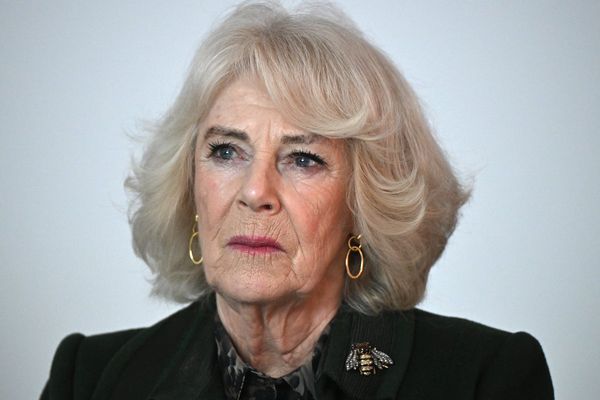Women and medical practitioners have been asked to have their say on WA's decades-old abortion laws, which are among the toughest in the country, as the state government prepares to overhaul the legislation.
The changes on the table include fully decriminalising abortion, increasing the gestational limit for a procedure from 20 to 24 weeks, abolishing mandatory counselling and scrapping the need for a GP referral.
Health minister Amber-Jade Sanderson said a four-week public consultation period has begun with the release of a discussion paper.
"We want to hear back from the community, primarily (from) women who've experienced the challenges of the current laws, and also practitioners who have to work under the current framework," she said.
"We want to hear what their experience has been like and how they think abortion should look in Western Australia.
"This is not a debate about whether abortion is legal or not. It is. Full stop.
"What we want to do is make sure that it is accessible for women and safe in Western Australia."
The government plans to introduce the new legislation to parliament early next year.
"The privacy, safety and dignity of women seeking access to abortion care will be paramount in this legislation," Ms Sanderson said.
WA's laws toughest in the country
WA has some of the most restrictive abortion laws in Australia and is the only state where they are still regulated by the criminal code.
Currently, for a woman to obtain an abortion up to 20 weeks gestation she must receive approval from a doctor and counselling from another independent medical practitioner.
After 20 weeks, an abortion must be justified by the patient or foetus having a severe medical condition, and two doctors from a ministerial panel of six must sign off on the procedure.
"There's no other ministerial panel like it around the country and certainly it can delay access to abortion care for those women," Ms Sanderson said.
"It also takes the decision entirely out of their hands."
The minister said no West Australian woman should have to travel interstate for an abortion and it is her hope that the new legislation will remove unnecessary barriers.
"Some of those barriers that have been highlighted to us over the years are the requirement for a GP referral when there are a number of GPs who won't refer on this issue... the ministerial panel and mandatory counselling versus the option for counselling."
A 'postcode lottery'
Laws regulating abortion differ across the country, with some advocates describing abortion rights in Australia as a "postcode lottery".
WA was the first jurisdiction in the country to remove most criminal penalties for pregnant patients seeking abortions, and doctors who provide it, in 1998.
However, since the historic reform, WA’s laws regulating abortion have fallen behind other states and territories.
Women's interests minister Simone McGurk said the public consultation is about modernising the laws to ensure they are "fit for purpose in the 21st century”.
"Abortion is actually a fundamental part of women’s health care," she said.
"There's been a lot of rules and regulations around abortion that doesn't apply to other health care, other medical procedures, and that's the sort of feedback that we want to hear during this consultation."
WA's abortion laws came under renewed criticism earlier this year after the US Supreme Court overturned Roe v Wade, with rallies held in Perth.
"I think the overturning of Roe v Wade in the US has drawn a lot of awareness around the need to not only consider our laws but protect our laws and ensure they're fit for purpose," Ms McGurk said.
She said any changes to the legislation would still place restrictions on who could carry out an abortion in WA.
“It would still be an offence to carry out an abortion if you’re not a registered medical practitioner,” Ms McGurk said.
In 2021, South Australia was the final state – apart from WA – to move abortion from criminal law into healthcare legislation.
A conscience vote
Both the health minister and the opposition health spokeswoman, Libby Mettam, believe any legislation introduced to Parliament would fall to a conscience vote.
Ms Mettam said she supported the government's potential reforms, but believed there would be differing views on both sides of the political divide.
"While I personally will support the reform … I imagine it will be a conscience vote," she said.
"It is essential that women have access to safe abortion in their own state, that their decisions are treated with dignity and respect, and I look forward to seeing what these reforms represent when they come to Parliament."







